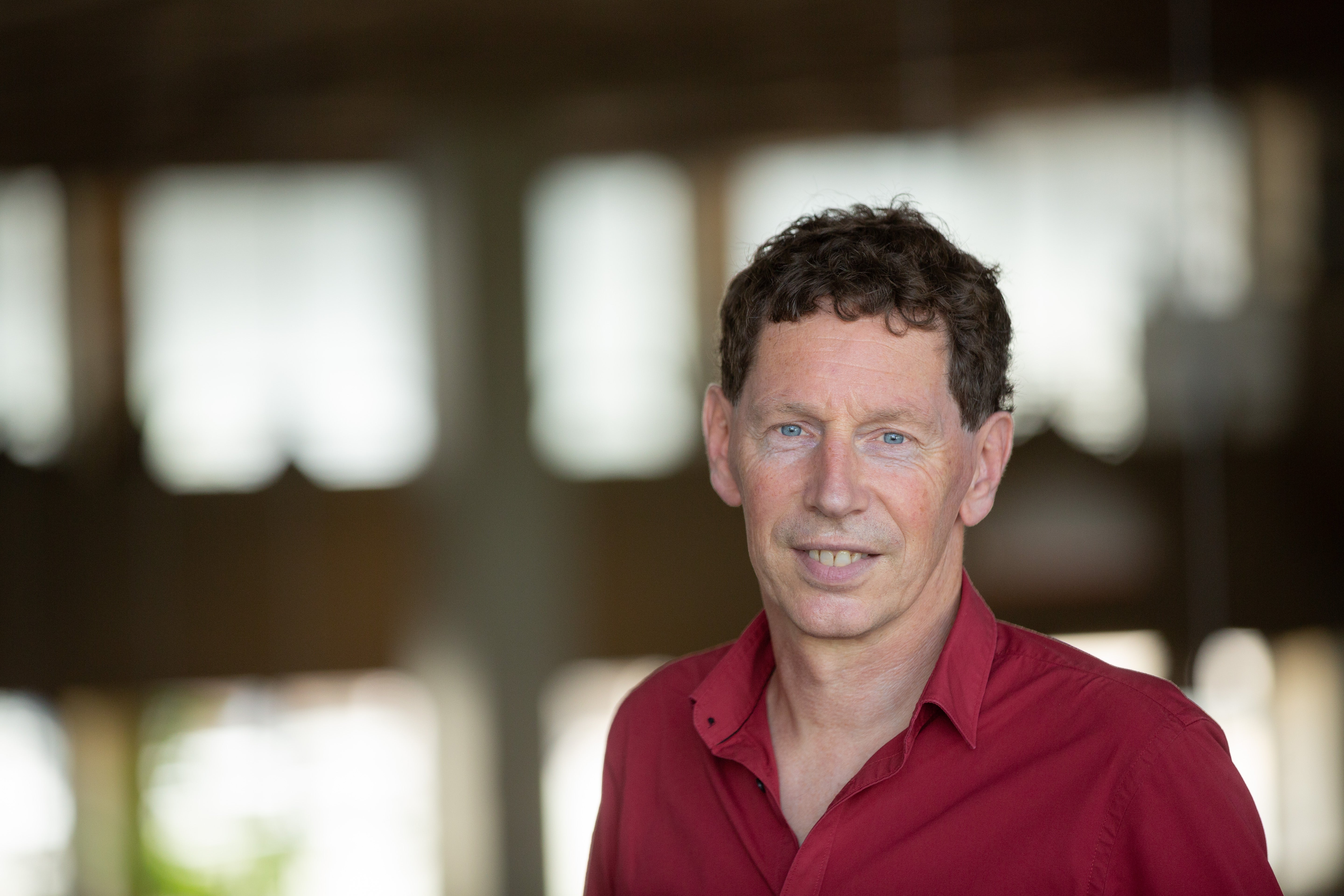A Master’s in Artificial Intelligence will give you an excellent foundation in both the business world and research. Your future employer could be anything from a management consultancy to a tech start-up.
Examples of positions our alumni currently hold include:
· Software Engineer at Google
· Data Scientist at Airbnb / Booking.com
· Project Manager at Volvo Car Group
· Computer Vision Expert at Eagle Vision
· PhD student at Royal Institute of Technology, Stockholm, University of Zurich, Vrije Universiteit Amsterdam.
